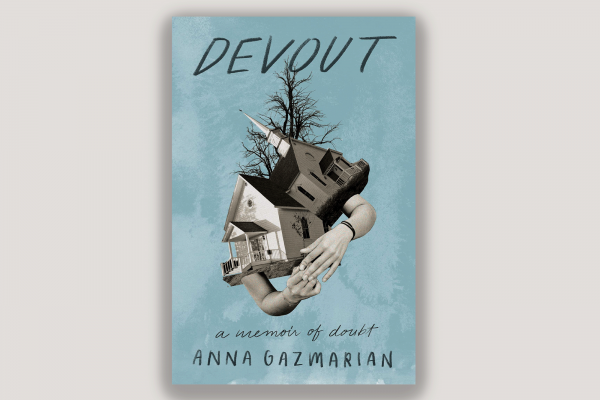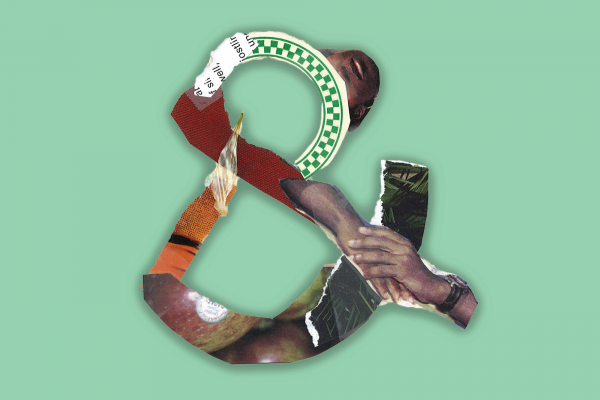Imagine a world replete with suffering, where the demand for aid and mercy always outstrips the supply. Imagine that this world was once filled with thousands upon thousands of volunteers who had dedicated their lives to serving the vulnerable — but now few volunteers remain.
This world is our world: The legions of American monks and nuns who once staffed schools and hospitals in low-income areas have all but died out. It is also the world of Obi-Wan Kenobi, the new Star Wars series streaming on Disney+, set after Revenge of the Sith, where few Jedi remain across the galaxy. Obi-Wan Kenobi is every bit the adventure story you’d expect: Watching it recalls the thrill of experiencing Star Wars as a child. But at its heart, Obi-Wan Kenobi is the story of a monastic rediscovering his vocation, and it provides us an excellent model for how laypeople and monastics alike can work toward justice and mercy.
Obi-Wan Kenobi begins 10 years after the rise of Darth Vader and the slaughter of Jedi throughout the galaxy. The series’ titular character, masterfully played by Ewan McGregor, languishes on the planet Tatooine, where he’s watching over 10-year-old Luke Skywalker from afar. Kenobi is paralyzed by guilt; As Darth Vader’s former teacher, he feels responsible for what happened to his fellow Jedi 10 years ago and has resigned himself to a life of monotony. “The time of the Jedi is over,” he says in the series’ first episode, and he believes it — that is, until news reaches him that Princess Leia Organa has been kidnapped and only he can save her. Suddenly, Obi-Wan must decide what he values more: his own safety, or the commitment he once made as a Jedi to protect the vulnerable.
Lightsabers aside, the Jedi order bears a strong resemblance to Christian monasticism. Its adherents take vows of poverty, detachment, and service to those in need, showing us the value of a consecrated life. Like Christ’s call in the gospels (Matthew 19:29; Mark 10:29), Kenobi left father and mother and brother behind in pursuit of a life of service. Without a family of his own, Kenobi’s task is to serve everyone — to care for every needy person who crosses his path, no matter their affiliation. He gives alms to a Clone trooper-turned-beggar, a veteran of the very army who once killed all of his friends.
At every turn, in ways big and small, Kenobi’s life illustrates service as sacrifice. “A Jedi’s goal is to defend life,” he says, and he follows this commitment to the end; for the sake of saving innocent lives, he gives himself up to the enemy even when this is sure to result in his death.
It would be understandable for all of this sacrifice to breed bitterness in anyone, let alone someone with Kenobi’s sorrowful past. Yet Kenobi treats everyone he serves with kindness and respect, even — and especially — the children in his care. When someone refuses young Leia’s offer to help a group of refugees escape Vader’s clutches, Kenobi demands she be taken seriously despite her age. “You trust me,” he says. “I trust her.”
And this is the virtue at the center of Kenobi’s character: a deep sense of every person’s intrinsic value. He refuses to believe anyone is ever beyond hope, even as they betray or try to kill him. To Kenobi, even Darth Vader is not past the possibility of redemption. In time, Kenobi learns to have that same trust in himself, and in the strength of his calling.
Kenobi reminds me of the many monastics I’ve known. Catholic and Orthodox, in the United States and around the world, these monks and nuns manifest the love of Christ with their very being. Like Kenobi, they care for the poor and vulnerable, often at great risk to themselves. Through letters and emails, over the phone and the cloister grille, they offer counseling and consolation to those feeling lost. They work for racial and environmental justice; they strive for the respectful treatment of children, immigrants, and the elderly. On bustling city streets, from little chapels in cloistered convents, they pray for the peace of the world.
One monk I know lives in an extremely violent region and has been kidnapped multiple times. Where he lives is so dangerous that he has literally already dug his own grave. And yet he refuses to leave, because he knows he is called to serve this place and its people. Like Obi-Wan, he’s prioritized his commitment to protecting the vulnerable over his own safety.
Our world is crying out for those who will answer the call to serve others. Whether we are laypeople or monastics, we can, like Obi-Wan Kenobi, take up the great work of discerning our own vocations, seeking to treat everyone we meet with dignity and love, and always hoping for redemption.
Got something to say about what you're reading? We value your feedback!







